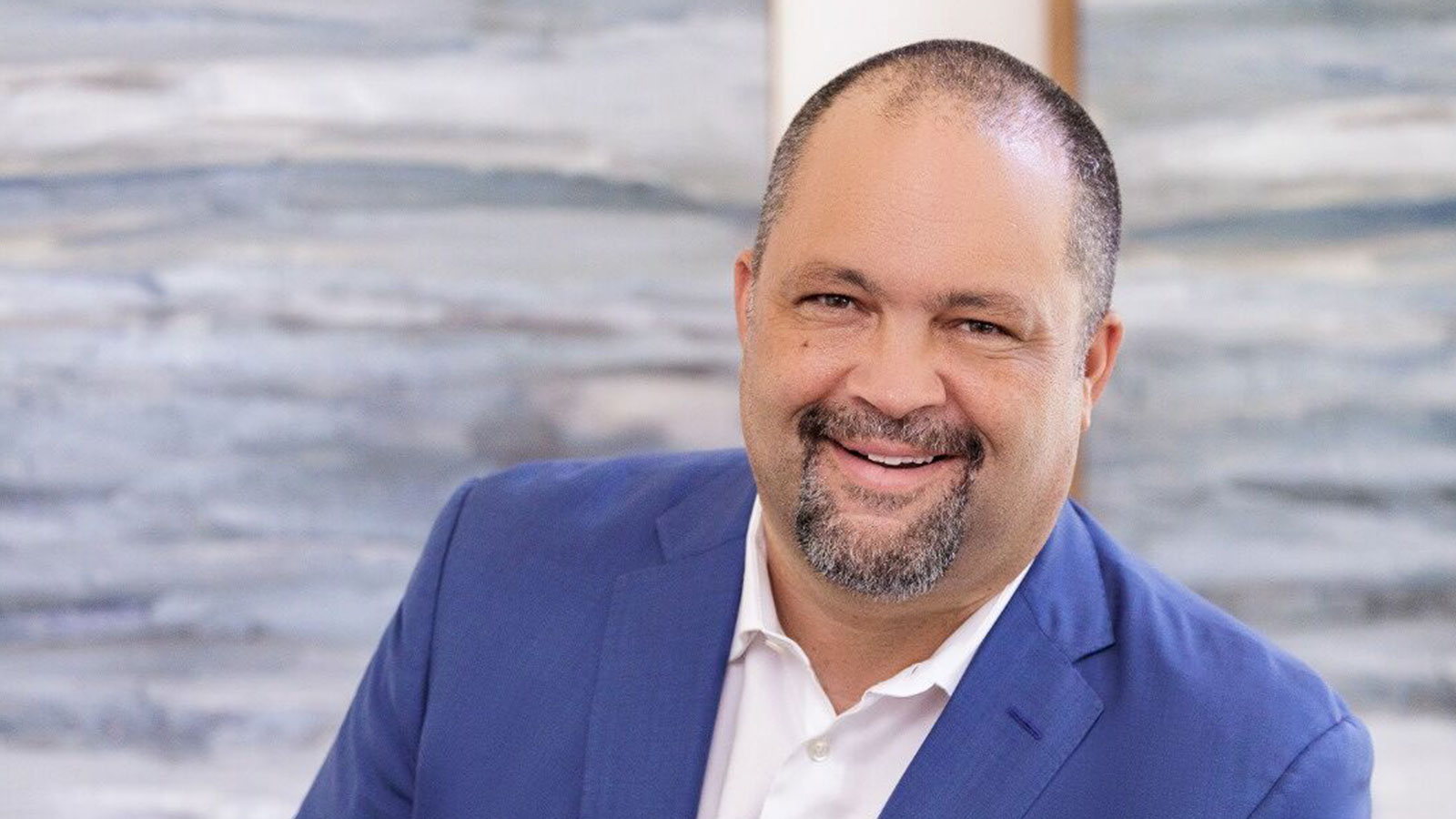With the start of Black History Month, I brace myself for the mis-telling of Black History yet again.
In schoolhouses and everywhere the stories are told, a persistent myth shows its ugly head: the ridiculous notion that great Black leaders are not just exceptional but exceptions.
It is an idea rooted in the ahistorical and unnatural misperception that the most notable Black Americans were superhumans that sprung forth from collective misery. It discounts the many, many Black leaders who were – and are – the children and grandchildren of courageous leaders in their own right.
Paul Robeson was a phenomenal actor, orator, singer, athlete, and activist. The family that produced him might be even more impressive. His father escaped enslavement to earn two college degrees and become a prominent minister. His mother was part of the Bustill family, who were famous abolitionists and included Grace Bustill Douglass, the crusading abolitionist and feminist.
Kamala Harris’s path to the vice presidency began as a transformative district attorney. She refused to pursue the death penalty, and shifted her department’s punitive focus away from sex workers and squarely onto sex buyers and traffickers. She both provided a model for the movement to elect more Black and progressive district attorneys and spawned the national training institute for female candidates known as Emerge America. Vice President Harris would readily admit there is no explaining her uncommon courage without accounting for her civil rights activist parents and her education at the very university that produced Thurgood Marshall.
Martin Luther King is perhaps Black America’s best-known leader. His grandfather was himself a crusading Black Baptist preacher and the first president of the Atlanta branch of the NAACP.
Whitney Houston became an iconic star of radio and the silver screen. Her first cousin was Dionne Warwick. Through Warwick, Houston had close, life-shaping relationships with other celebrated female singers and actors like her “honorary aunt” Aretha Franklin, godmother Darlene Love, and close friend Cicely Tyson.
Malcolm X is America’s most famous Black nationalist. Before him, his father Earl Little was a Black nationalist Baptist preacher who organized for Marcus Garvey. Harassment by the Ku Klux Klan forced the Littles to relocate from Omaha, Nebraska to Lansing, Michigan, where Earl was murdered by a Klan-like white supremacist group.
Stacey Abrams rose to become the first woman leader of a party in Georgia’s legislature and the most impactful voting rights activist of the 21st century. Her parents were courageous civil rights activists and her father was among the youngest leaders of the Hattiesburg boycott in Mississippi.
Middle Tennessee claims a famous political father-son pair in former Congressman and Senator Albert Gore, Sr. and former Senator and Vice President Al Gore. But western Tennessee saw its own confrontational and crusading former Congressman Harold Ford, Sr. followed by the diplomatic, incisive, and consensus-building former Congressman Harold Ford, Jr.
From the time he started preaching at the age of four, Reverend Al Sharpton’s early years were shaped by the mentorship of Black leaders like Adam Clayton Powell, Jr., James Brown, and the incomparable Jesse Jackson. But it was his mother Ada Sharpton’s work that inspired her son’s founding of the National Action Network. Mrs. Sharpton rose from poverty to power as a prominent civil rights activist in New York City’s outer boroughs and became president of Mothers in Action.
Fifteen years ago, I was named the youngest national president in the history of the NAACP. My grandmother Mamie Bland Todd trained future US Senator Barbara Mikulski as a social worker early in her career. In researching my latest book, I followed my own ancestry back to my grandmother’s grandfather. In the late 1800s, Edward David Bland led Black Republicans into coalition with former white Confederate soldiers to form a third party that took over the Virginia state government. Known as the Readjusters, the bipartisan political movement won all statewide elected offices and controlled the Commonwealth of Virginia from 1881-85.
In that time, they abolished the poll tax and the whipping post; radically expanded Virginia Tech and created Virginia State University; and readjusted the terms of the Civil War debt to save the free public schools and take the state from a financial deficit into a surplus.
Parentage and family connection are not and never should be a prerequisite for leadership in our country. But we can still recognize that one of the greatest traditions in Black leadership is Black leaders who raise Black leaders.
Some of those leaders inspire with their art; others with their activism; many with both. The historical arc they help form – which sometimes wavers but ultimately bends towards justice – would not be possible without that tradition.
So, if it occurs to you that you do not know enough about how your ancestors might have led, get curious and do some research. You might just find an interesting and inspiring piece of family history.
Ben Jealous is executive director of the Sierra Club, professor of practice at the University of Pennsylvania and author of “Never Forget Our People Were Always Free” and “Reach: 40 Black Men Speak on Living, Leading, and Succeeding.”















